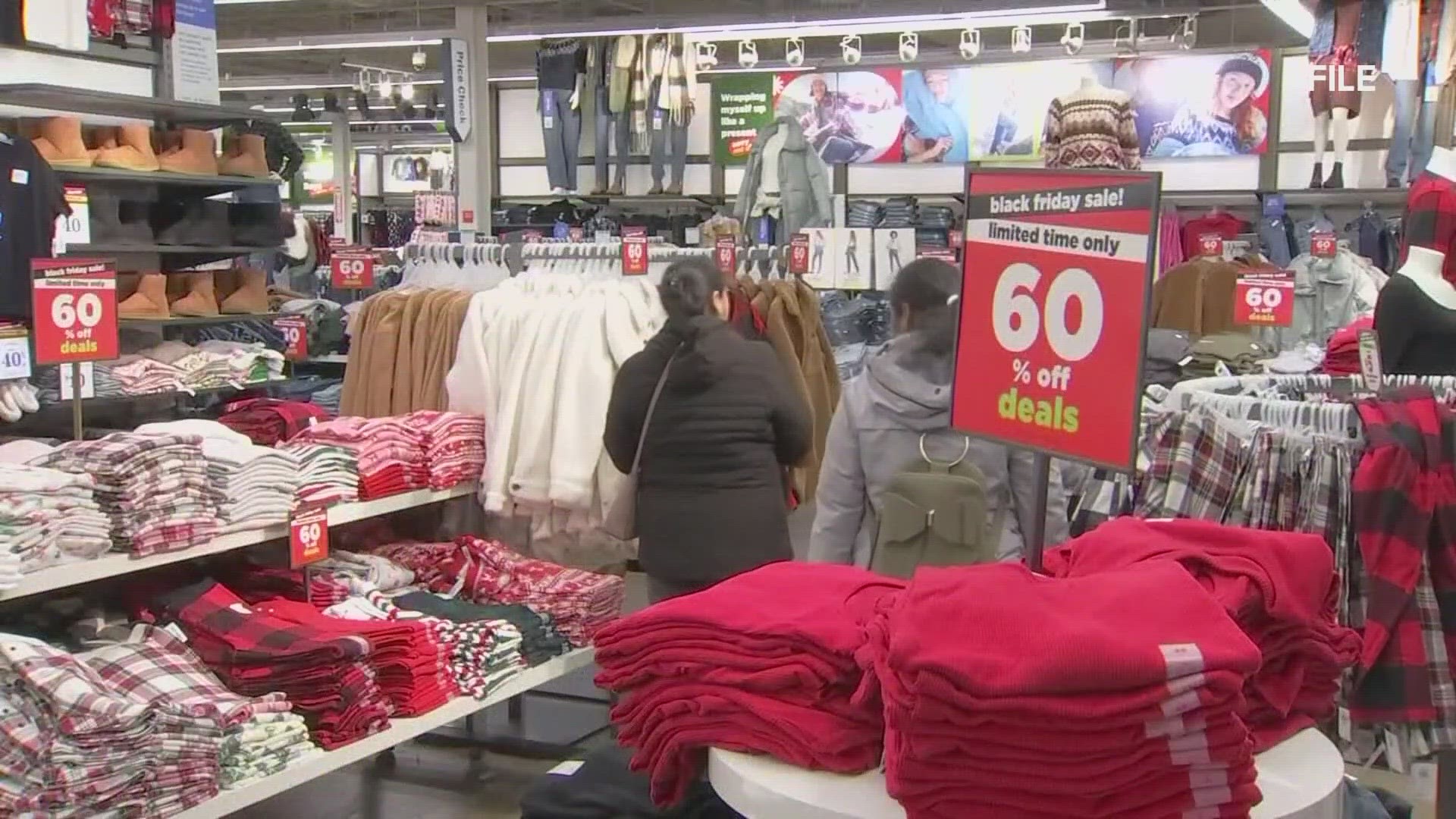MAINE, USA — While many Mainers have a resourceful mindset of reusing and repairing, not every state thinks the same.
To share the mantra and re-think how the country discards textiles, U.S. Rep. Chellie Pingree, D-Maine, is looking to start a conversation in Congress by addressing the growing fast fashion industry.
Pingree sent a formal letter to the Government Accountability Office Wednesday morning requesting a report that would outline recommendations on how the fashion industry and the Environmental Protection Agency can look to reduce textile waste.
This isn't the first time Pingree brought up the topic of fast fashion. The congresswoman delivered a speech on the House floor last week, pointing out a discarded clothing pile in Chile so large that could be seen from space.
She says although Mainers may not have the fast fashion industry at the forefront of their minds, it's heavily connected to preventing pollution and climate change from exacerbating.
"Fishermen themselves are deeply concerned about the amount of plastics there are in the ocean, and how it's impacting our fish species. A lot of clothing just becomes yet more plastic in the ocean. And so, you find out that everything is related one way or another," Pingree said.

